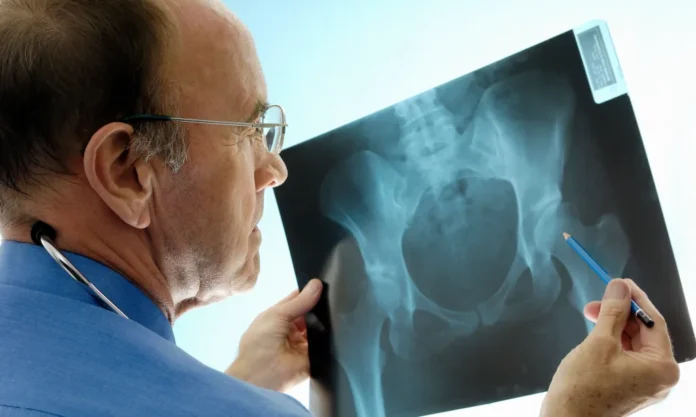The human microbiome comprises trillions of bacteria, viruses and other microbes that live in and on our bodies. Over the past many years, studies have found that these microbiomes have a significant impact on our overall physiology, either due to their beneficial effects, or harmful impact on various aspects of our health and well-being.
In recent years, scientists have focused on the gut microbiome — the microbiome that inhabits our digestive tract — and how the health of these microorganisms affects the body’s overall health. Previous studies have linked the health of the gut microbiome to various health conditions, including obesity, irritable bowel syndrome (IBS), type 2 diabetes (T2D) depression and autoimmune diseases.
Healthy bones have also been associated with longevity, as observational studies have found people who live past 90 had a low percentage of osteoporosis and bone fractures, potentially contributing to their longevity. Scientists have also shown that a healthy gut microbiome plays a significant role in regulating the body’s bone density and in improving osteoporosis — the condition where bone strength decreases due to a reduction in bone mineral density and bone mass, especially among aging women.
Now, researchers at Harvard Medical School in the United States have added to this volume of knowledge through a new study that identified specific bacteria in the gut microbiome linked to skeletal health. For their research, the Harvard scientists conducted an observational study using high-resolution imaging of the arms and legs of male and female participants in a previous study by the US National Institutes of Health.
Researchers found two specific types of bacteria in the gut microbiome that were linked to negative associations with bone health for older adults. Previous research has found that levels of one of these bacteria are higher in people with lower physical activity and lower protein intake, and the other is linked to obesity. The scientists at Harvard admitted that they do not precisely understand why these bacteria would be connected to skeletal health, but studies have shown that obesity increases the risk of compromising skeletal integrity.
And, in the same vein, low physical activity has been shown to be related to bones that are less dense and strong. In addition, the bacteria in the intestine can produce other factors that may adversely affect the bone, namely factors that increase general low-level inflammation, which can have deleterious effects on bone cells.
The researchers of this study believe their findings may eventually provide a modifiable factor that can contribute to bone health. At present, the only treatments for osteoporosis are medications such as those prescribed to women experiencing osteoporosis.
Diet has been shown to profoundly impact bone health. For example, eating foods with high vitamin C such as citrus fruits and vegetables, will stimulate the production of bone-making cells and protect bone cells from damage. On a similar note, consuming foods high in protein and calcium have also been found beneficial to helping bones stay strong and healthy. The connection between the gut microbiome and the body’s bones is called the gut-bone axis.
A previous review noted that changes in the gut microbiome can contribute to bone loss, and taking nutritional supplements with prebiotics and probiotics may help prevent or even reverse bone loss.For example, a bacteria in the gut microbiome has been linked to helping with bone formation and assisting in regulating bone metabolism. Additionally a review published in 2022 stated that gut microbiota may be a novel therapeutic target for treating osteoporosis, as well as bone fracture prevention.
The researchers behind the new study say they hope to expand their research to test if probiotics combined with prebiotics can modify bone metabolism in a favorable way. According to nutritionists and dieticians, probiotics are foods or supplements that contain live microorganisms intended to maintain or improve the ‘good’ bacteria (normal microflora) in the body. Prebiotics are foods, typically found in high-fiber foods that act as food for human microflora.
Prebiotics are used with the intention of improving the balance of these microorganisms, while probiotics help maintain existing good bacteria. Probiotics are in foods such as yogurt and sauerkraut. Prebiotics are in foods such as whole grains, bananas, greens, onions, garlic, soybeans and artichokes. The researchers added that if their findings prove to be beneficial, this would allow physicians to recommend pro- and prebiotics as a dietary approach to preserving bone health.

















